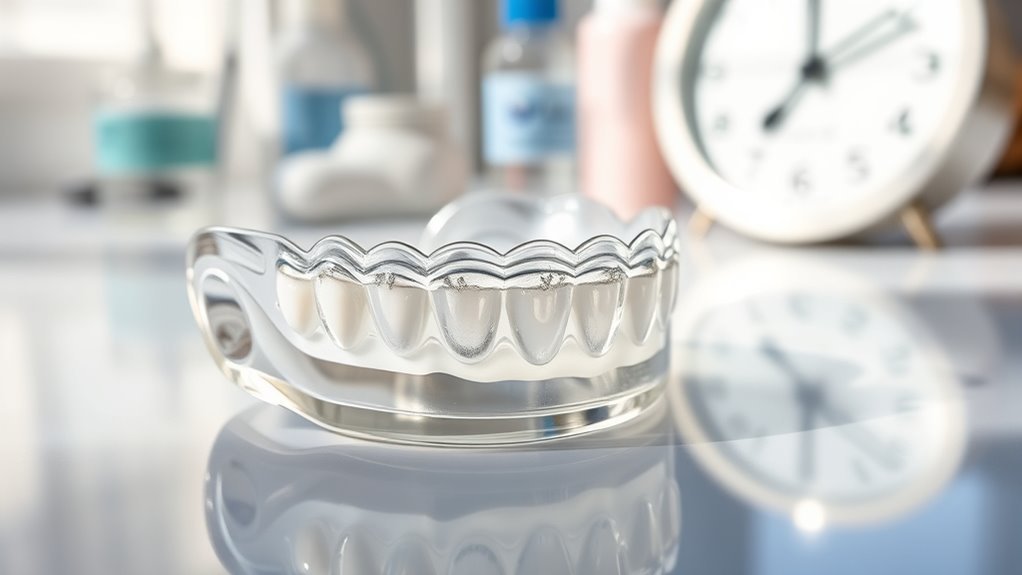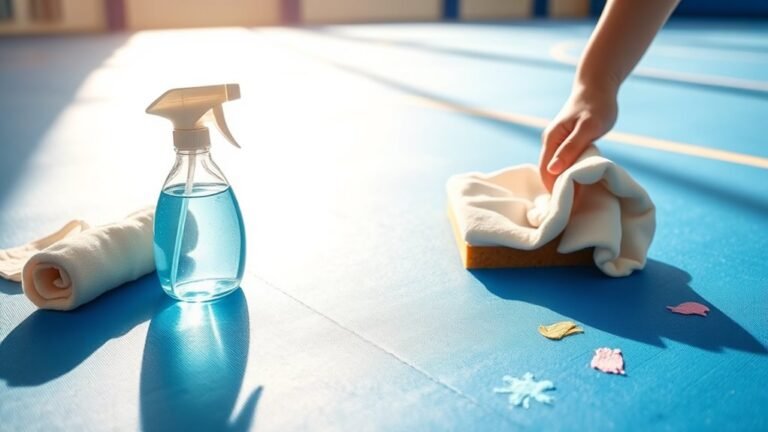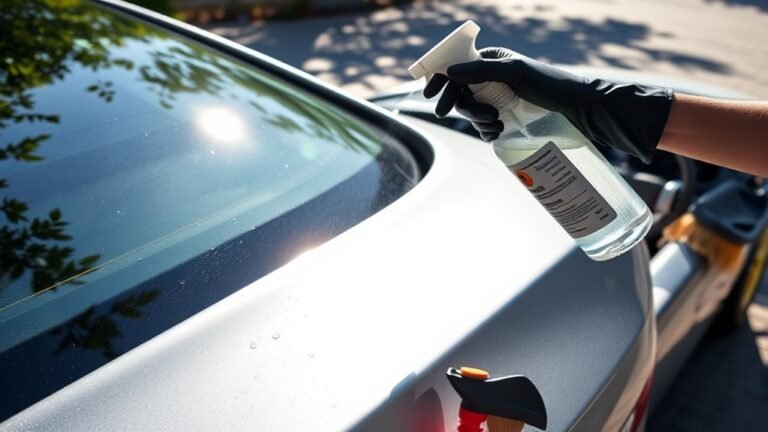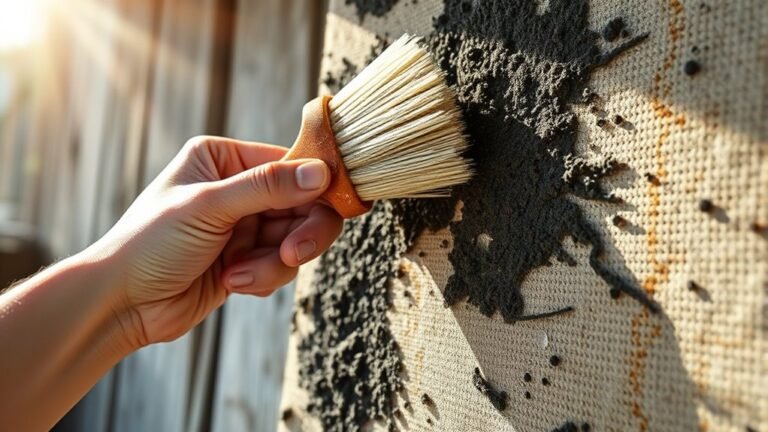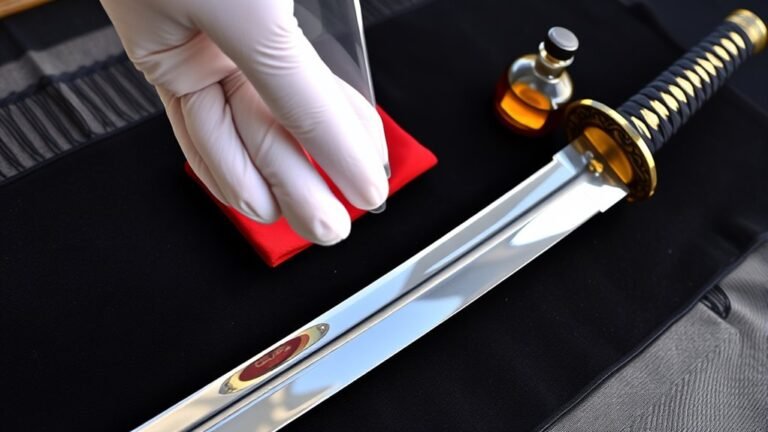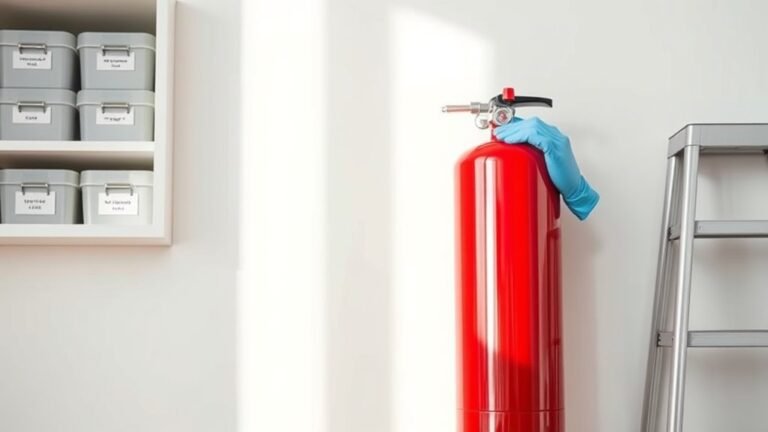How Long Do Clear Retainers Last
Clear retainers usually last between one to three years, but their lifespan can vary based on care and usage. Factors like exposure to heat, daily cleaning habits, and the materials used greatly influence durability. It’s crucial to clean maintainers regularly with safe products to prevent damage. If you notice any cracks or discomfort, consult your orthodontist. To get more tips on prolonging your retainer’s life, continue to explore effective maintenance strategies.
Preparation For Cleaning
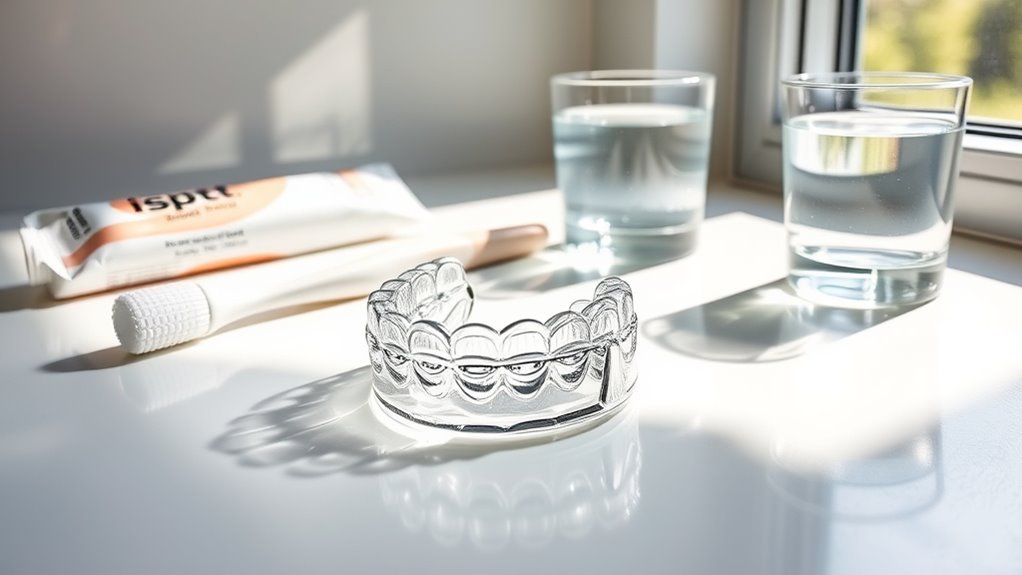
Before you start cleaning your clear retainers, it’s important to gather the right materials to guarantee effective sanitation. You’ll want to make certain your retainer maintenance routine is thorough and efficient. Begin by determining your cleaning frequency; daily cleaning is ideal for peak hygiene. You’ll need a soft-bristled toothbrush to gently scrub the retainer without causing scratches. Additionally, a mild, non-abrasive soap or a specialized retainer cleaner will help remove plaque and bacteria. Avoid harsh chemicals that could damage the material. Have a clean, dry surface ready for your cleaning process, as this will help prevent contamination. By preparing properly, you’ll make certain your retainers remain in good condition and serve their purpose effectively.
Tools and Chemical Required
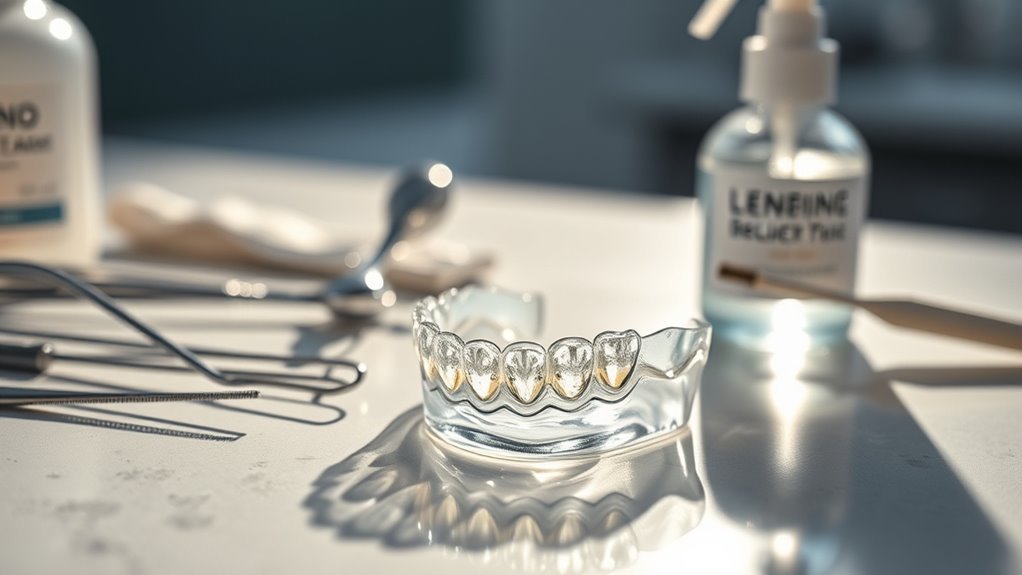
To effectively clean your clear retainers, you’ll need a few essential tools and chemicals that guarantee both cleanliness and safety. Here’s a quick guide to what you should gather:
| Tool/Chemical | Purpose | Recommended Brand |
|---|---|---|
| Soft-bristle toothbrush | Remove plaque and debris | Oral-B |
| Mild dish soap | Disinfect and clean | Dawn |
| Baking soda | Odor neutralizer and scrub | Arm & Hammer |
| Retainer cleaning tablets | Deep cleaning solution | Retainer Brite |
| Container for soaking | Safe storage during cleaning | Any plastic container |
Using the right cleaning products and following these maintenance tips will guarantee your retainers remain in top condition, extending their lifespan and your comfort. For a gentle yet effective clean, consider using plant-based soap alternatives like Castile soap as a mild cleaning agent.
How to Clean:
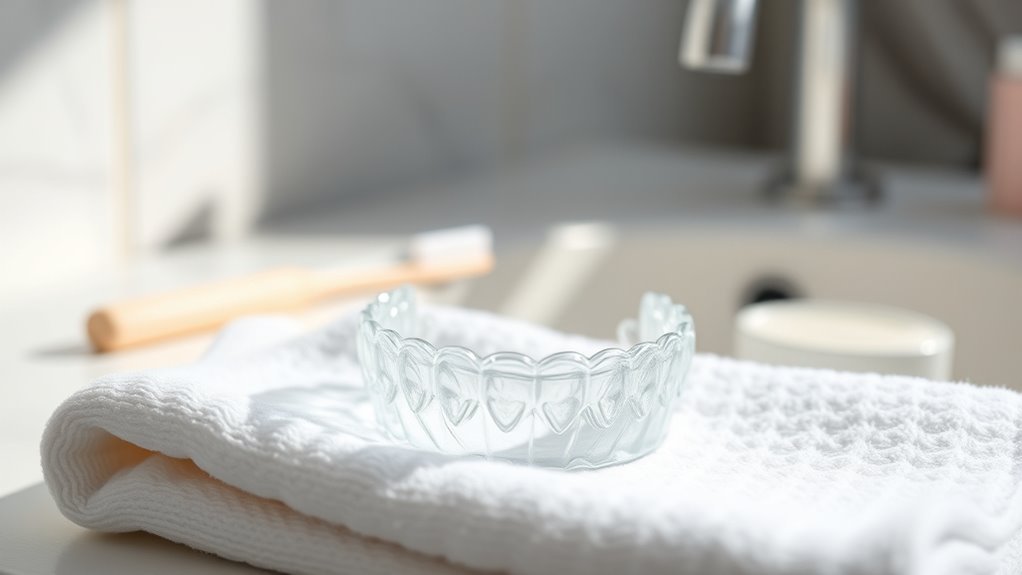
Step 1: Rinse Your Retainers
- Begin by rinsing your clear retainers under lukewarm water. This initial step helps to remove saliva and any loose debris.
- Ensure the water is not too hot, as extreme temperatures can warp the retainers.
Step 2: Prepare Cleaning Solution
- Take a soft toothbrush and a mild, non-abrasive soap. Avoid using toothpaste, as it can scratch the surface of your retainers.
- Wet the toothbrush and apply a small amount of the mild soap to the bristles.
Step 3: Brush the Retainers
- Gently scrub the surfaces of the retainers with the toothbrush. Focus on areas that may have buildup or discoloration.
- Be careful around any attachments or edges to avoid damaging the retainers.
Step 4: Deep Cleaning Option
- For a deeper clean, prepare a soaking solution by mixing equal parts of white vinegar and water in a bowl or container.
- Submerge the retainers in the solution and let them soak for 15-30 minutes. This method effectively removes bacteria and odors.
Step 5: Alternative Cleaning Method
- If you prefer, you can use specialized retainer cleaning tablets. Dissolve one tablet in a glass of water according to the package instructions.
- Place your retainers in the solution and let them soak for the recommended time.
Step 6: Rinse Thoroughly
- After soaking or brushing, rinse your retainers thoroughly under lukewarm water to ensure no soap, vinegar, or cleaning tablet residue remains.
- Check the retainers to confirm they are clean and clear.
Step 7: Store Properly
- After cleaning, store your retainers in a protective case to keep them safe and free from contaminants.
- Make sure the case is dry and clean before placing the retainers inside.
Step 8: Maintain Consistency
- Incorporate retainer cleaning into your daily routine, cleaning them at least once a day.
- Regular maintenance will help keep your retainers clear and extend their lifespan, ensuring they function effectively.
Safety Consideration
While maintaining your clear retainers is essential for hygiene, it’s equally important to contemplate safety during the cleaning process. When you’re performing retainer maintenance, make sure you use gentle, non-abrasive cleaners; harsh chemicals can damage the material. Always opt for products specifically designed for dental appliances. Before cleaning, wash your hands thoroughly to avoid introducing bacteria that could compromise your oral hygiene. Additionally, be cautious with temperature; hot water can warp your retainers. If you experience discomfort or notice any cracks, consult your orthodontist promptly. By prioritizing safety alongside cleanliness, you not only extend the life of your retainers but also protect your overall dental health, allowing you the freedom to smile confidently.
Frequently Asked Questions
How Often Should I Replace My Clear Retainers?
You should consider replacing your clear retainers every six months to a year, depending on their condition and your retainer care routine. Regular cleaning and proper storage can extend their lifespan, but wear and tear is inevitable. If you notice any cracks, discoloration, or discomfort, it’s time for a replacement. Prioritizing replacement frequency will help maintain your dental alignment and guarantee your smile stays as confident as ever.
Can Clear Retainers Become Discolored Over Time?
Yes, clear retainers can become discolored over time. To prevent this discoloration, focus on proper retainer maintenance. Regularly clean your retainers with mild soap and water, and avoid exposing them to colored beverages or foods. You’ll want to store them in a protective case when not in use. By taking these steps, you can help keep your retainers looking clear and fresh, allowing you to enjoy the freedom of a confident smile.
What Factors Affect the Lifespan of Clear Retainers?
The lifespan of clear retainers depends on material quality and your cleaning routine. Higher quality materials resist wear and discoloration better, extending their usability. If you maintain a consistent cleaning routine—using gentle, non-abrasive cleaners and avoiding harsh chemicals—you’ll prevent buildup that can degrade the retainer. Additionally, factors like how often you wear them and how well you store them when not in use also play significant roles in their longevity.
Are There Any Foods or Drinks to Avoid With Retainers?
You should avoid sticky foods, hard candies, and anything excessively hot or cold while wearing your retainers. For ideal retainer maintenance, focus on proper oral hygiene practices—brush your teeth before inserting retainers and rinse them daily. This helps prevent bacteria buildup and keeps your retainers clear. Remember, taking care of your retainers not only extends their lifespan but also enhances your overall dental health, giving you the freedom to smile confidently.
Do Clear Retainers Cause Any Discomfort After Prolonged Use?
Yes, clear retainers can cause discomfort after prolonged use. You might experience potential irritation, especially during the adjustment period when you first start wearing them. This discomfort typically diminishes as your mouth adapts. It’s crucial to confirm your retainer fits properly; otherwise, it can exacerbate irritation. Regular check-ups with your orthodontist can help address any issues and guarantee your retainers are working effectively without causing unnecessary discomfort.
